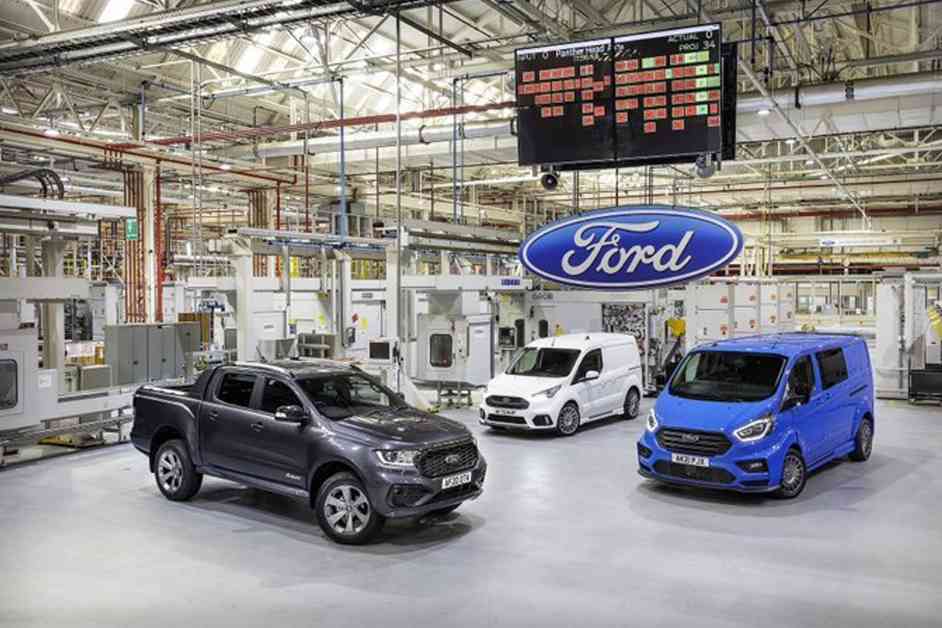Ford Motor Company recently announced plans to cut approximately 800 jobs in the UK over the next three years as part of a broader European restructuring initiative. The goal is to reduce a total of 4,000 positions across Europe by 2027 in order to improve operational efficiency. Germany will bear the brunt of these job cuts, with 2,900 roles expected to be eliminated.
The decision comes in response to a decline in European electric vehicle (EV) sales, driven by fierce competition from Chinese automakers and growing consumer hesitancy towards electric cars. Ford aims to enhance its competitiveness by streamlining its workforce and focusing on more premium electric vehicles.
The job cuts will primarily affect employees in administrative, support, and product development roles, with a few manufacturing positions also set to be eliminated. Despite the challenging circumstances, Ford remains committed to building a thriving business in Europe for the long term.
In addition to the UK, other European automakers like Volkswagen, Mercedes-Benz, and BMW have also faced significant profit declines this year. The industry as a whole is grappling with rising energy costs, sluggish EV demand, and intensified competition from Chinese rivals.
Ford’s decision to reduce its workforce comes amidst government pressure to meet stricter EV mandates. The 22 percent Zero Emission Vehicle (ZEV) mandate introduced last year poses a significant challenge for automakers, with fines of up to £15,000 per car for non-compliance. The ZEV mandate is set to increase to 28 percent next year, 33 percent in 2026, and 80 percent by 2030.
Despite the difficulties faced by automakers in meeting these targets, some industry experts like Vicky Read, CEO of Charge UK, believe that weakening the ZEV mandate would be a mistake. The government must remain steadfast in its support for policies that promote the transition to electric vehicles, even as manufacturers navigate the challenges of meeting ambitious targets.
Overall, Ford’s decision to cut jobs in Europe reflects broader industry trends and challenges facing automakers in the region. By adapting to changing market conditions and focusing on electric vehicle development, companies like Ford aim to secure their competitiveness and sustainability in the evolving automotive landscape.













